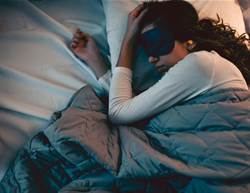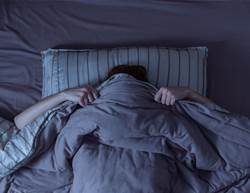If you miss out on having enough sleep, your body quickly lets you know the next day. Try these tips from leading sleep experts to help you wake up refreshed and raring to go!
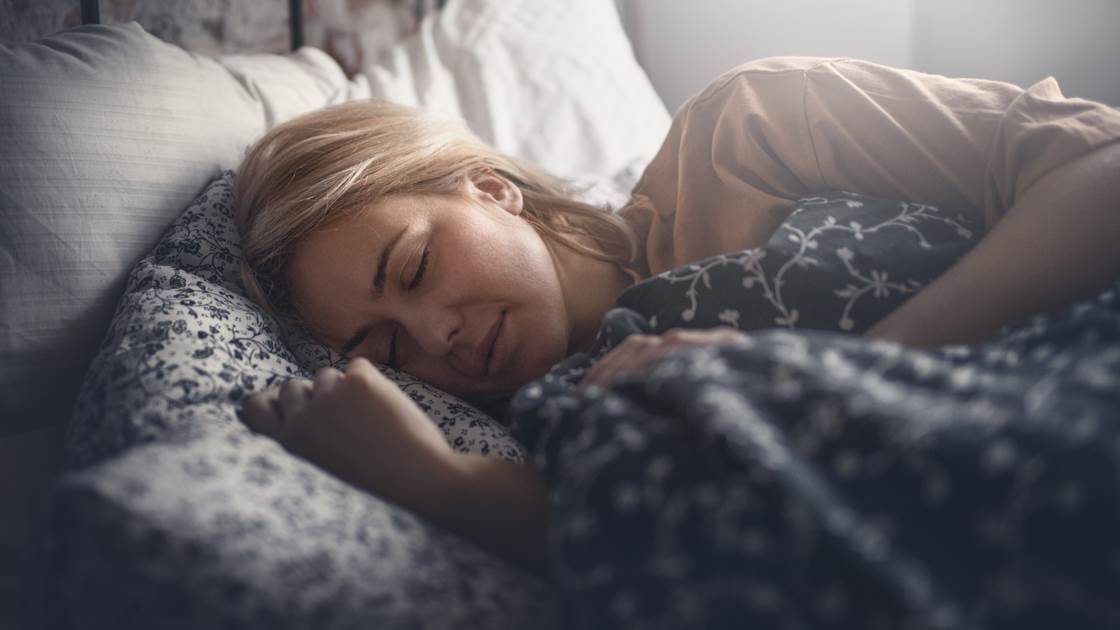

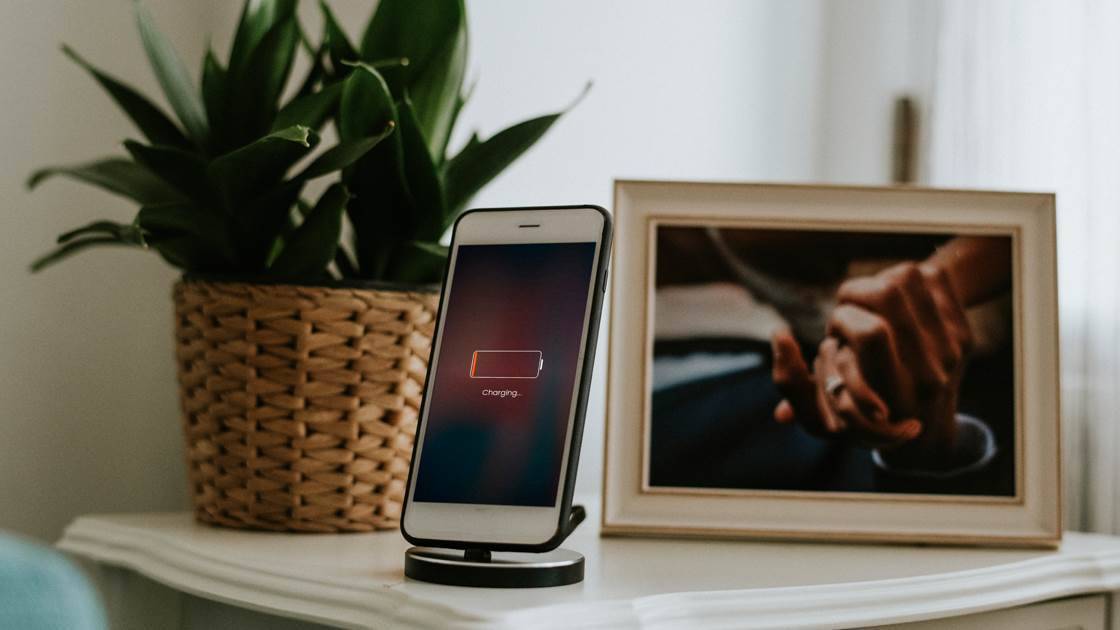





Consistent wake-up times
Consistency is key because your wake-up time sets your body’s cycle for the entire day, says neurologist and sleep medicine authority, Dr Margaret Kay-Stacey. Keep naps under 30 minutes to avoid entering deep sleep and waking up tired. (Trouble getting up? Try this light alarm clock for a less abrupt wake-up call)
Yoga
Whether you practise in the morning or the evening, yoga can relieve tension and stress by day’s end, helping you get the rest you need, says psychologist and sleep disorder specialist, Dr Michael Breus.
Mobile phone-free bedtime
Not only is your smartphone distracting, the screen emits blue light that sends a signal to your brain to turn off production of the sleep hormone melatonin. Put aside screens an hour before bed, or, at the very least, use your phone’s built-in blue light feature, if it has one.
Slow breathing
If you wake up in the middle of the night with your mind whirring, don’t do anything that will send a signal to your brain that it’s time to wake up (like turning on the lights or staring at the clock). Deep breathing may help keep sleep-hindering thoughts at bay and relax you enough to ease you back into peaceful sleep.
Essential oils
Certain scents can help you relax and sleep better . In one US study, people who sniffed lavender before bedtime slept more deeply and felt more energetic the next morning.
No nightcap
Research shows that as your body metabolises alcohol, it disrupts your slumber and prevents you from entering deeper phases of sleep, says sleep specialist, Dr Rafael Pelayo.
Light, early dinner
If you lie down to sleep when you still have food in your stomach, acid reflux or heartburn can rouse you in the middle of the night, even if you don’t actively feel discomfort. To get the best night’s rest, don’t eat within two hours of hitting the hay – and, yes, that includes late-night TV snacks. Eat dinner early, when possible, and save any treat foods to enjoy the next day.
Deleting White noise
Noise-cancelling earplugs, white-noise machines and white-noise ear buds can be an easy way to avoid sleeplessness if you sleep with a snorer (We like these). And since sleeping side by side can yield 50 per cent more night-time disturbances than snoozing solo, there’s nothing wrong with sleeping in separate bedrooms. A 2015 survey found that as many as one in four couples do just that.
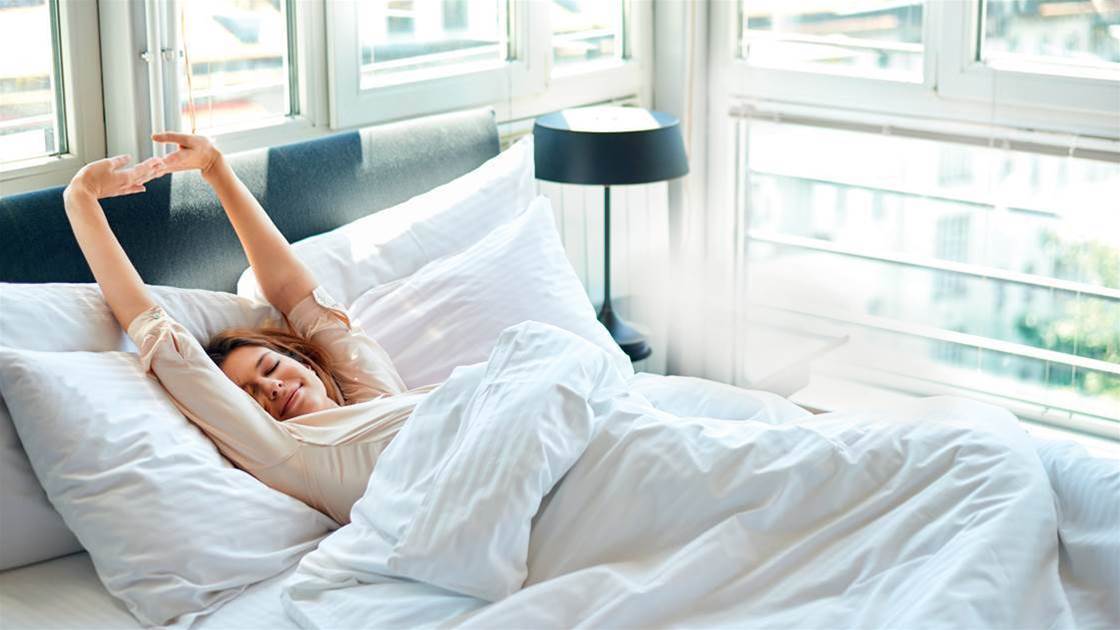


.jpg&h=90&w=90&c=1&s=1)


